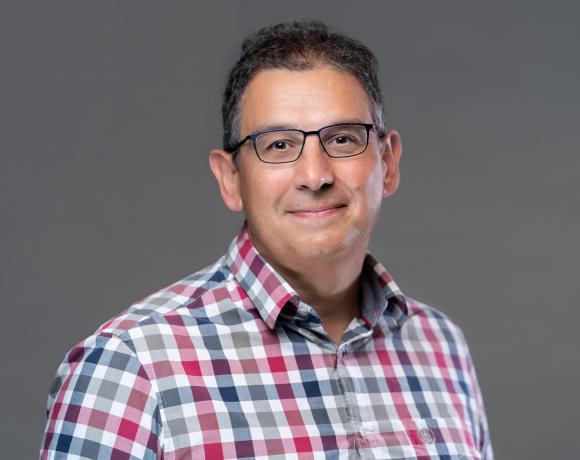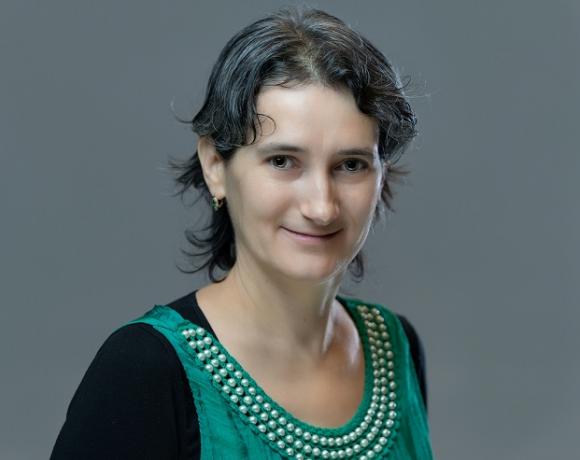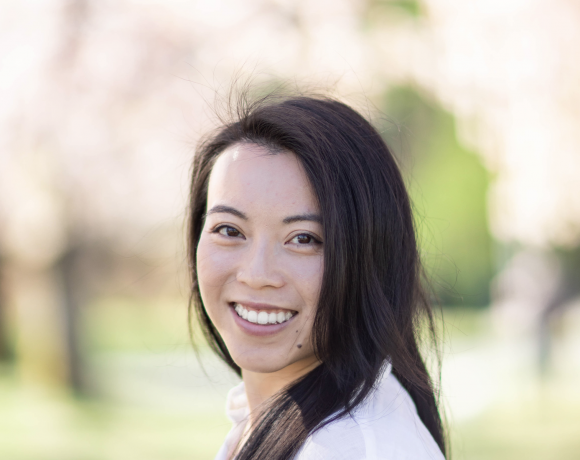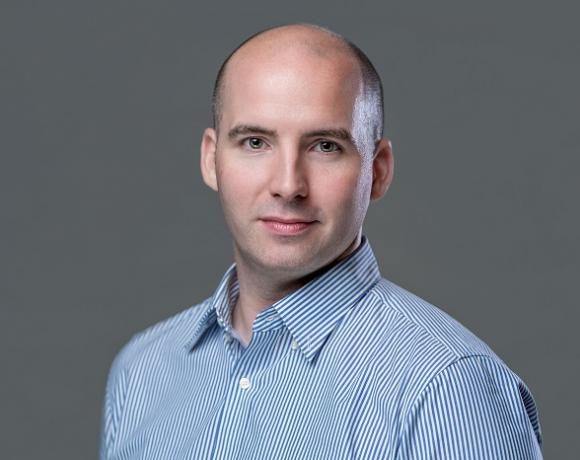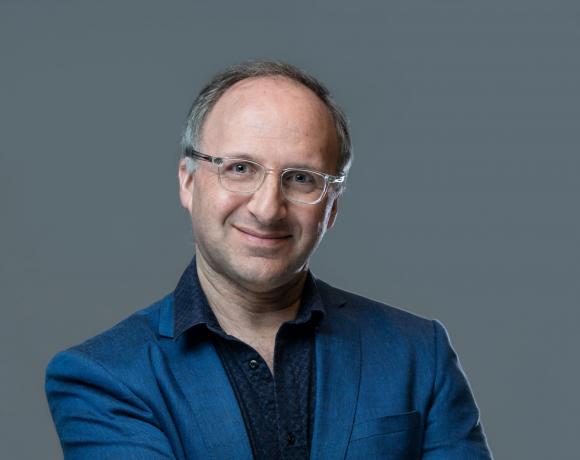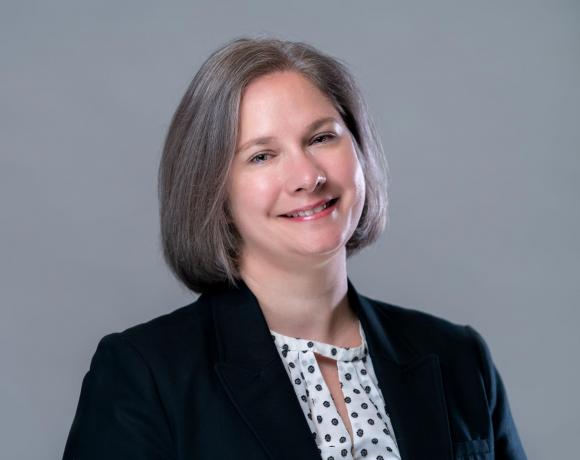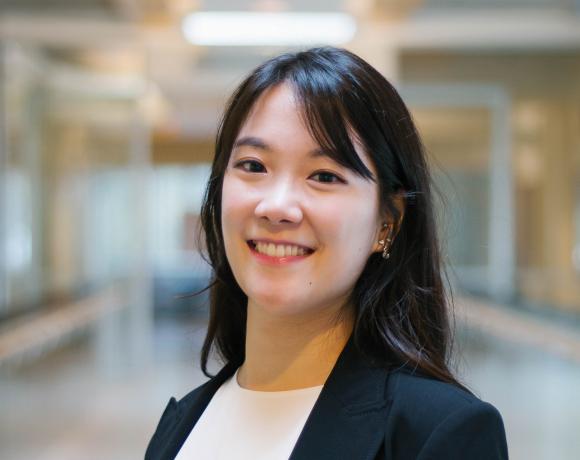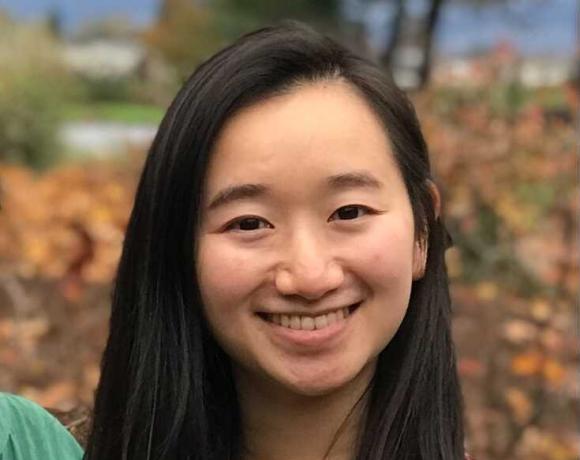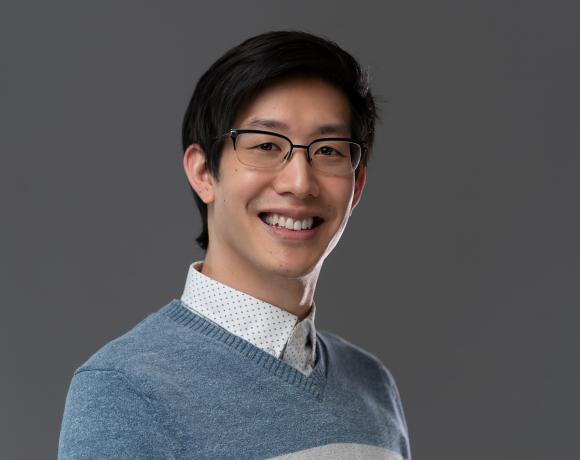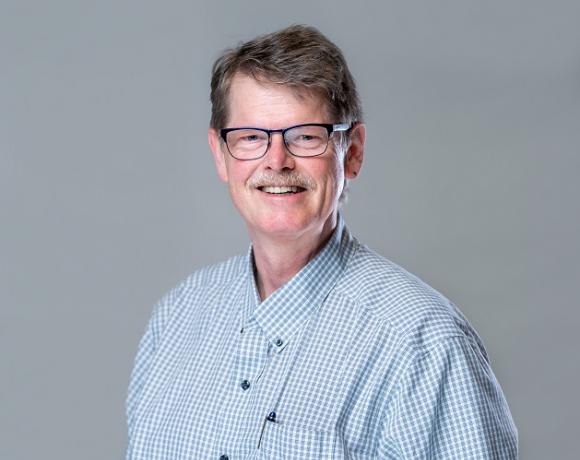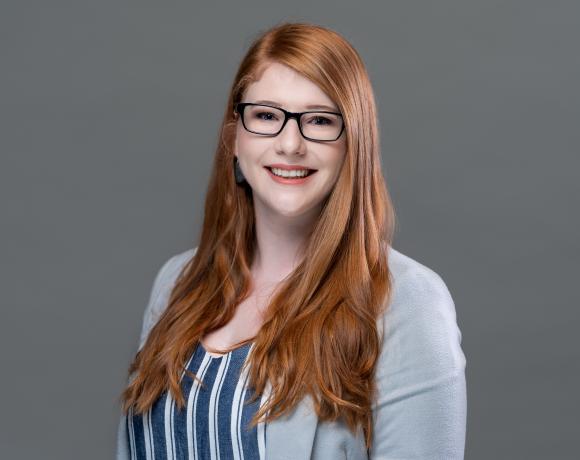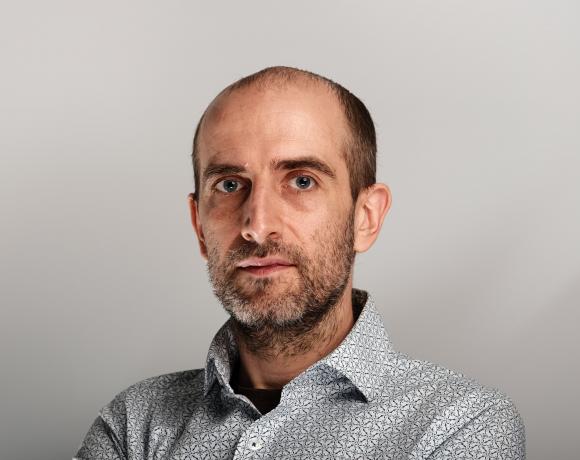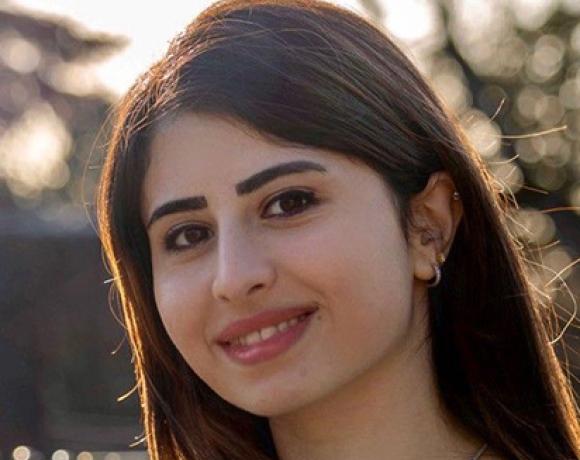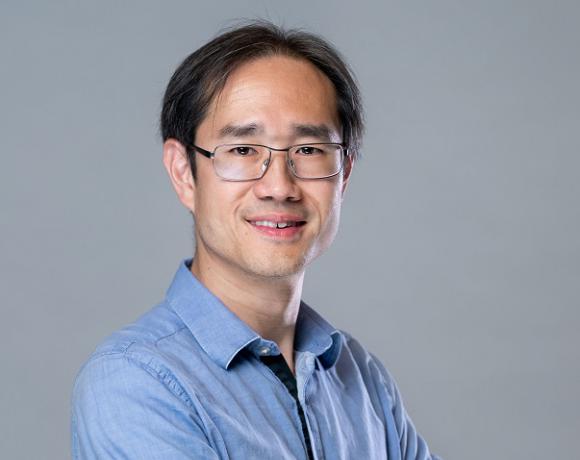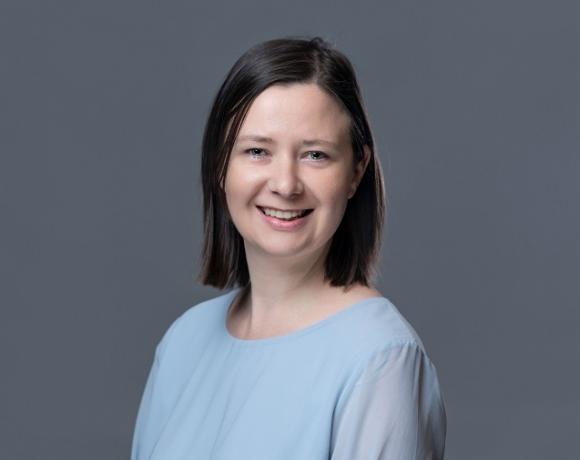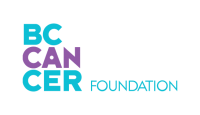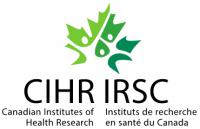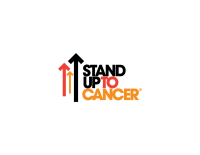Nature, 2025
McPherson, Andrew, Vázquez-García, Ignacio, Myers, Matthew A, Al-Rawi, Duaa H, Zatzman, Matthew, Weiner, Adam C, Freeman, Samuel, Mohibullah, Neeman, Satas, Gryte, Williams, Marc J, Ceglia, Nicholas, Norkūnaitė, Danguolė, Zhang, Allen W, Li, Jun, Lim, Jamie L P, Wu, Michelle, Choi, Seongmin, Havasov, Eliyahu, Grewal, Diljot, Shi, Hongyu, Kim, Minsoo, Schwarz, Roland F, Kaufmann, Tom, Dinh, Khanh Ngoc, Uhlitz, Florian, Tran, Julie, Wu, Yushi, Patel, Ruchi, Ramakrishnan, Satish, Kim, DooA, Clarke, Justin, Green, Hunter, Ali, Emily, DiBona, Melody, Varice, Nancy, Kundra, Ritika, Broach, Vance, Gardner, Ginger J, Roche, Kara Long, Sonoda, Yukio, Zivanovic, Oliver, Kim, Sarah H, Grisham, Rachel N, Liu, Ying L, Viale, Agnes, Rusk, Nicole, Lakhman, Yulia, Ellenson, Lora H, Tavaré, Simon, Aparicio, Samuel, Chi, Dennis S, Aghajanian, Carol, Abu-Rustum, Nadeem R, Friedman, Claire F, Zamarin, Dmitriy, Weigelt, Britta, Bakhoum, Samuel F, Shah, Sohrab P
Cell, 2019
Laks, Emma, McPherson, Andrew, Zahn, Hans, Lai, Daniel, Steif, Adi, Brimhall, Jazmine, Biele, Justina, Wang, Beixi, Masud, Tehmina, Ting, Jerome, Grewal, Diljot, Nielsen, Cydney, Leung, Samantha, Bojilova, Viktoria, Smith, Maia, Golovko, Oleg, Poon, Steven, Eirew, Peter, Kabeer, Farhia, Ruiz de Algara, Teresa, Lee, So Ra, Taghiyar, M Jafar, Huebner, Curtis, Ngo, Jessica, Chan, Tim, Vatrt-Watts, Spencer, Walters, Pascale, Abrar, Nafis, Chan, Sophia, Wiens, Matt, Martin, Lauren, Scott, R Wilder, Underhill, T Michael, Chavez, Elizabeth, Steidl, Christian, Da Costa, Daniel, Ma, Yussanne, Coope, Robin J N, Corbett, Richard, Pleasance, Stephen, Moore, Richard, Mungall, Andrew J, Mar, Colin, Cafferty, Fergus, Gelmon, Karen, Chia, Stephen, , , Marra, Marco A, Hansen, Carl, Shah, Sohrab P, Aparicio, Samuel
Genome biology, 2019
O'Flanagan, Ciara H, Campbell, Kieran R, Zhang, Allen W, Kabeer, Farhia, Lim, Jamie L P, Biele, Justina, Eirew, Peter, Lai, Daniel, McPherson, Andrew, Kong, Esther, Bates, Cherie, Borkowski, Kelly, Wiens, Matt, Hewitson, Brittany, Hopkins, James, Pham, Jenifer, Ceglia, Nicholas, Moore, Richard, Mungall, Andrew J, McAlpine, Jessica N, , , Shah, Sohrab P, Aparicio, Samuel
Nature communications, 2017
Xu, Hong, Di Antonio, Marco, McKinney, Steven, Mathew, Veena, Ho, Brandon, O'Neil, Nigel J, Santos, Nancy Dos, Silvester, Jennifer, Wei, Vivien, Garcia, Jessica, Kabeer, Farhia, Lai, Daniel, Soriano, Priscilla, Banáth, Judit, Chiu, Derek S, Yap, Damian, Le, Daniel D, Ye, Frank B, Zhang, Anni, Thu, Kelsie, Soong, John, Lin, Shu-Chuan, Tsai, Angela Hsin Chin, Osako, Tomo, Algara, Teresa, Saunders, Darren N, Wong, Jason, Xian, Jian, Bally, Marcel B, Brenton, James D, Brown, Grant W, Shah, Sohrab P, Cescon, David, Mak, Tak W, Caldas, Carlos, Stirling, Peter C, Hieter, Phil, Balasubramanian, Shankar, Aparicio, Samuel
Nature communications, 2017
Funnell, Tyler, Tasaki, Shinya, Oloumi, Arusha, Araki, Shinsuke, Kong, Esther, Yap, Damian, Nakayama, Yusuke, Hughes, Christopher S, Cheng, S-W Grace, Tozaki, Hirokazu, Iwatani, Misa, Sasaki, Satoshi, Ohashi, Tomohiro, Miyazaki, Tohru, Morishita, Nao, Morishita, Daisuke, Ogasawara-Shimizu, Mari, Ohori, Momoko, Nakao, Shoichi, Karashima, Masatoshi, Sano, Masaya, Murai, Aiko, Nomura, Toshiyuki, Uchiyama, Noriko, Kawamoto, Tomohiro, Hara, Ryujiro, Nakanishi, Osamu, Shumansky, Karey, Rosner, Jamie, Wan, Adrian, McKinney, Steven, Morin, Gregg B, Nakanishi, Atsushi, Shah, Sohrab, Toyoshiba, Hiroyoshi, Aparicio, Samuel
Nature genetics, 2016
McPherson, Andrew, Roth, Andrew, Laks, Emma, Masud, Tehmina, Bashashati, Ali, Zhang, Allen W, Ha, Gavin, Biele, Justina, Yap, Damian, Wan, Adrian, Prentice, Leah M, Khattra, Jaswinder, Smith, Maia A, Nielsen, Cydney B, Mullaly, Sarah C, Kalloger, Steve, Karnezis, Anthony, Shumansky, Karey, Siu, Celia, Rosner, Jamie, Chan, Hector Li, Ho, Julie, Melnyk, Nataliya, Senz, Janine, Yang, Winnie, Moore, Richard, Mungall, Andrew J, Marra, Marco A, Bouchard-Côté, Alexandre, Gilks, C Blake, Huntsman, David G, McAlpine, Jessica N, Aparicio, Samuel, Shah, Sohrab P
Nature communications, 2016
Pereira, Bernard, Chin, Suet-Feung, Rueda, Oscar M, Vollan, Hans-Kristian Moen, Provenzano, Elena, Bardwell, Helen A, Pugh, Michelle, Jones, Linda, Russell, Roslin, Sammut, Stephen-John, Tsui, Dana W Y, Liu, Bin, Dawson, Sarah-Jane, Abraham, Jean, Northen, Helen, Peden, John F, Mukherjee, Abhik, Turashvili, Gulisa, Green, Andrew R, McKinney, Steve, Oloumi, Arusha, Shah, Sohrab, Rosenfeld, Nitzan, Murphy, Leigh, Bentley, David R, Ellis, Ian O, Purushotham, Arnie, Pinder, Sarah E, Børresen-Dale, Anne-Lise, Earl, Helena M, Pharoah, Paul D, Ross, Mark T, Aparicio, Samuel, Caldas, Carlos
Nature, 2013
Dvinge, Heidi, Git, Anna, Gräf, Stefan, Salmon-Divon, Mali, Curtis, Christina, Sottoriva, Andrea, Zhao, Yongjun, Hirst, Martin, Armisen, Javier, Miska, Eric A, Chin, Suet-Feung, Provenzano, Elena, Turashvili, Gulisa, Green, Andrew, Ellis, Ian, Aparicio, Sam, Caldas, Carlos
The New England journal of medicine, 2013
Aparicio, Samuel, Caldas, Carlos
Nature, 2012
Curtis, Christina, Shah, Sohrab P, Chin, Suet-Feung, Turashvili, Gulisa, Rueda, Oscar M, Dunning, Mark J, Speed, Doug, Lynch, Andy G, Samarajiwa, Shamith, Yuan, Yinyin, Gräf, Stefan, Ha, Gavin, Haffari, Gholamreza, Bashashati, Ali, Russell, Roslin, McKinney, Steven, , , Langerød, Anita, Green, Andrew, Provenzano, Elena, Wishart, Gordon, Pinder, Sarah, Watson, Peter, Markowetz, Florian, Murphy, Leigh, Ellis, Ian, Purushotham, Arnie, Børresen-Dale, Anne-Lise, Brenton, James D, Tavaré, Simon, Caldas, Carlos, Aparicio, Samuel
Nature, 2012
Shah, Sohrab P, Roth, Andrew, Goya, Rodrigo, Oloumi, Arusha, Ha, Gavin, Zhao, Yongjun, Turashvili, Gulisa, Ding, Jiarui, Tse, Kane, Haffari, Gholamreza, Bashashati, Ali, Prentice, Leah M, Khattra, Jaswinder, Burleigh, Angela, Yap, Damian, Bernard, Virginie, McPherson, Andrew, Shumansky, Karey, Crisan, Anamaria, Giuliany, Ryan, Heravi-Moussavi, Alireza, Rosner, Jamie, Lai, Daniel, Birol, Inanc, Varhol, Richard, Tam, Angela, Dhalla, Noreen, Zeng, Thomas, Ma, Kevin, Chan, Simon K, Griffith, Malachi, Moradian, Annie, Cheng, S-W Grace, Morin, Gregg B, Watson, Peter, Gelmon, Karen, Chia, Stephen, Chin, Suet-Feung, Curtis, Christina, Rueda, Oscar M, Pharoah, Paul D, Damaraju, Sambasivarao, Mackey, John, Hoon, Kelly, Harkins, Timothy, Tadigotla, Vasisht, Sigaroudinia, Mahvash, Gascard, Philippe, Tlsty, Thea, Costello, Joseph F, Meyer, Irmtraud M, Eaves, Connie J, Wasserman, Wyeth W, Jones, Steven, Huntsman, David, Hirst, Martin, Caldas, Carlos, Marra, Marco A, Aparicio, Samuel
